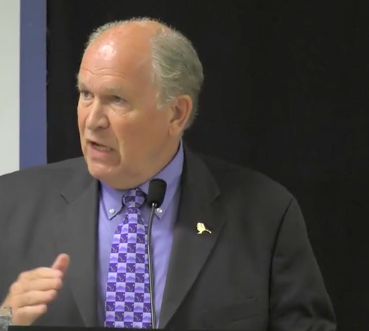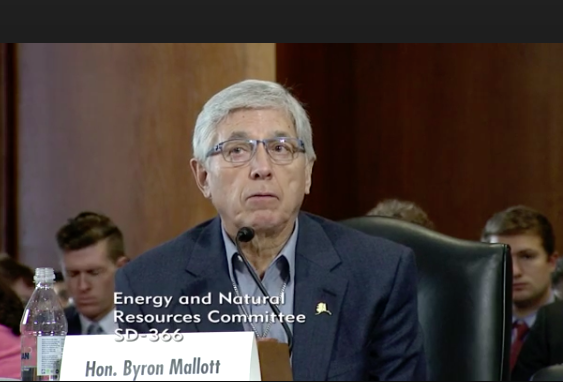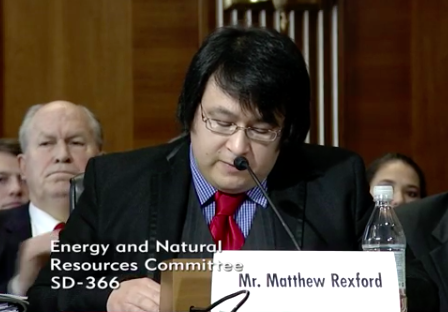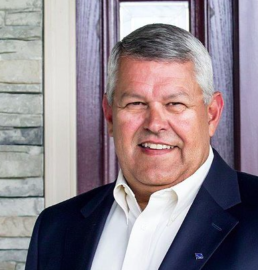WALKER APPROVAL RATING SINKS
Gov. Bill Walker’s approval rating is 40 percent, and his disapproval rating is 47 percent, according to a compilation of recent polls from July through September. In political parlance, he is “upside down” on his approval ratings.
The hottest general election contests in 2018 are expected to be Alaska, Colorado, Connecticut, Florida, Illinois, Maine, Michigan, Minnesota, Nevada, New Mexico and Ohio, wrote Ron Faucheux, president of Clarus Research Group, a research and polling company based in Washington DC.

All 10 of the top 10 governors in terms of approval ratings are Republicans. Of the bottom 10, 7 are Republicans, 2 are Democrats and 1 — Walker — is an an undeclared. Seven governors are approved of less than Walker.
TOP RANGE – APPROVAL/DISAPPROVAL
1. Massachusetts, Charlie Baker (R): 69%/17%
2. Maryland, Larry Hogan (R): 66%/18%
3. Arkansas, Asa Hutchinson (R): 63%/19%
4. Alabama, Kay Ivey (R): 62%/12%
5. North Dakota, Doug Burgum (R): 62%/17%
6. Nevada, Brian Sandoval (R): 61%/21%
7. Vermont, Phil Scott (R): 60%/21%
8. New Hampshire , Chris Sununu (R): 59%/22%
9. Wyoming, Matt Mead (R): 59%/23%
10. South Dakota, Dennis Daugaard (R): 59%/25%
MIDDLE RANGE – APPROVAL/DISAPPROVAL
11. Texas, Greg Abbott (R): 58%/25%
12. Tennessee, Bill Haslam (R): 57%/23%
13. Montana, Steve Bullock (D): 57%/26%
14. Georgia, Nathan Deal (R): 56%/24%
15. Nebraska, Pete Ricketts (R): 56%/29%
Utah, Gary Herbert (R): 56%/29%
16. Mississippi, Phil Bryant (R): 55%/27%
17. Ohio, John Kasich (R): 55%/30%
18. New York, Andrew Cuomo (D): 55%/33%
19. Colorado, John Hickenlooper (D): 54%/30%
20. Florida, Rick Scott (R): 54%/34%
21. Indiana, Eric Holcomb (R): 53%/21%
21. Indiana, Eric Holcomb (R): 53%/21%
22. Louisiana, John Bel Edwards (D): 53%/32%
23. Minnesota, Mark Dayton (D): 52%/34%
24. South Carolina, Henry McMaster (R): 51%/21%
25. Delaware, John Carney (D): 51%/27%
26. Idaho, Butch Otter (R): 51%/35%
27. North Carolina, Roy Cooper (D): 50%/28%
28. Oregon, Kate Brown (D): 50%/34%
29. Missouri, Eric Greitens (R): 49%/29%
30. Virginia, Terry McAuliffe (D): 48%/31%
31. Washington, Jay Inslee (D): 48%/33%
32. California, Jerry Brown (D): 48%/37%
33. Hawaii, David Ige (D): 47%/39%
34. Arizona, Doug Ducey (R): 46%/33%
35. Pennsylvania, Tom Wolf (D): 46%/38%
36. Iowa, Kim Reynolds (R): 45%/27%
37. Kentucky, Matt Bevin (R): 45%/41%
38. Wisconsin, Scott Walker (R): 44%/48%
39. Maine, Paul LePage (R): 42%/52%
BOTTOM 10 – APPROVAL/DISAPPROVAL
40. West Virginia, Jim Justice (R): 41%/46%
41. Rhode Island, Gina Raimondo (D): 41%/47%
42. Alaska, Bill Walker (I): 40%/47%
43. Michigan, Rick Snyder (R): 37%/50%
44. New Mexico, Susana Martinez (R): 37%/52%
45. Illinois, Bruce Rauner (R): 30%/55%
46. Oklahoma, Mary Fallin (R): 30%/58%
47. Kansas, Sam Brownback (R): 24%/66%
48. Connecticut, Dan Malloy (D): 23%/68%
49. New Jersey, Chris Christie (R): 18%/77%








